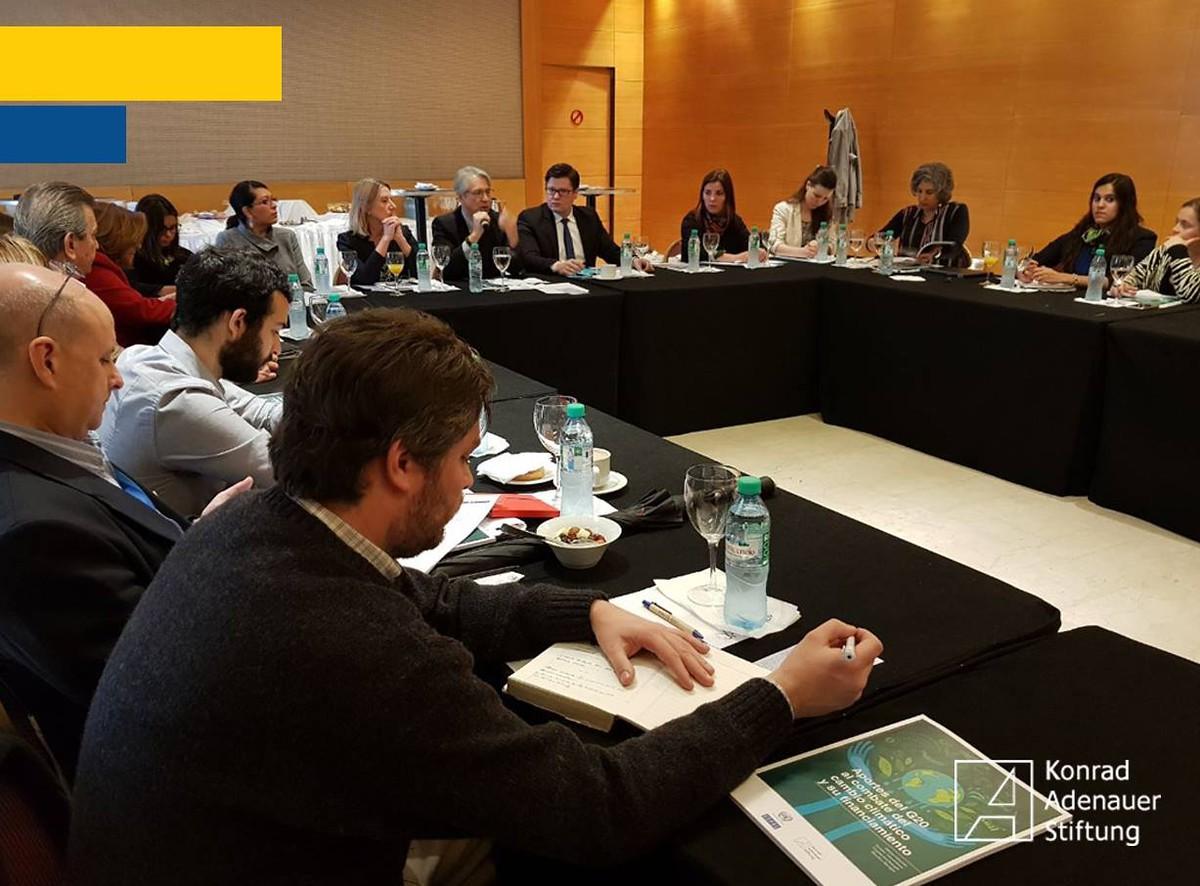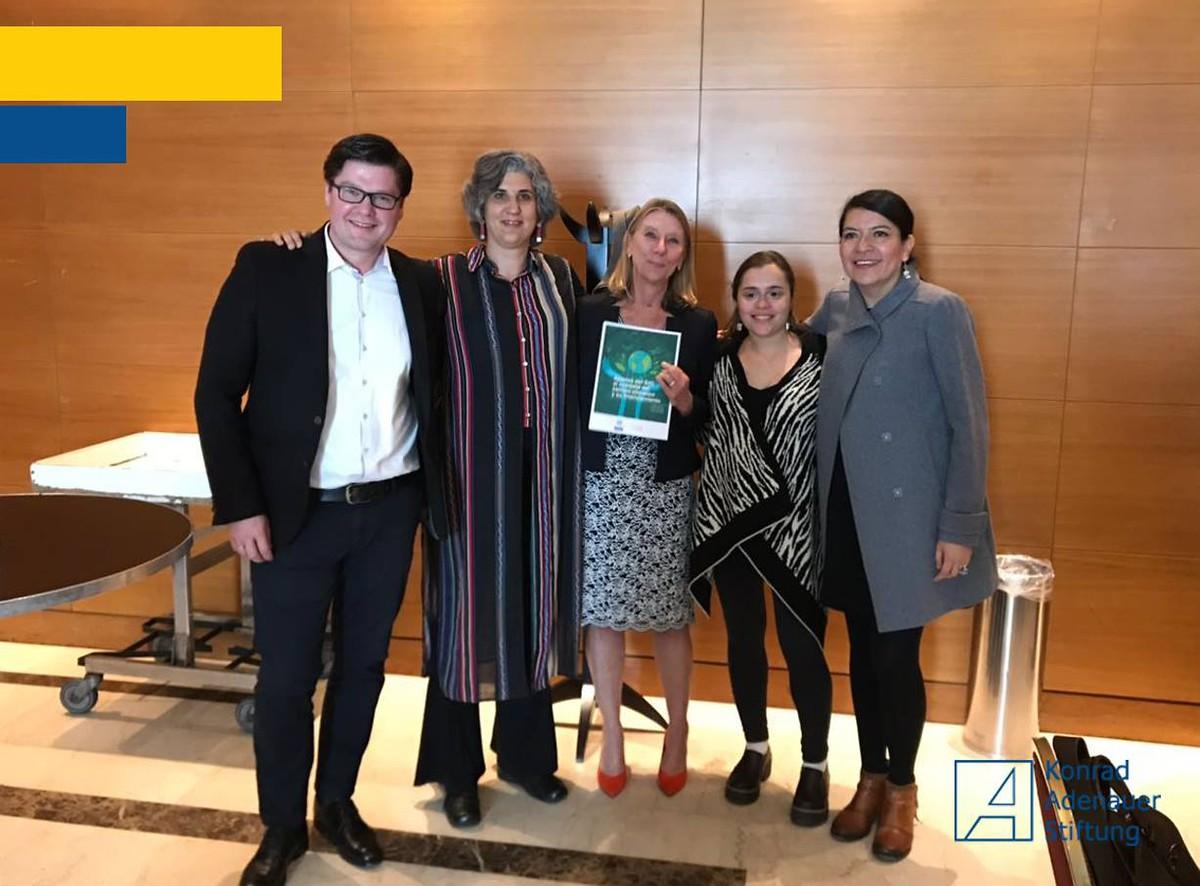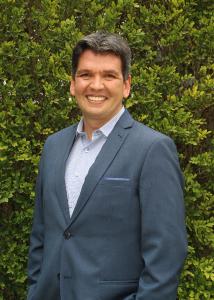Event reports
The research achieves, rather than an analysis, a consolidation and perspective on the agreements and advances regarding the issues of the climate change battle and its financing, through different meetings of the G20, focusing on the accomplishments of the Latin American members countries of this group: Brazil, Mexico and Argentina.
In Brazil there is a great interest on the part of the banking sector, especially from BNDES (National Bank for Economic and Social Development), responsible for approximately 84% of the financing in sustainable development in the country. Hence, we conclude that "much has been accomplished, but there is much left to do", as researcher Kristina Taboulchanas stated.
In Mexico, we should highlight the "Green Bonds" that exist there and work very well, with a great potential for more growth, especially due to the available financing offer.
In Argentina, in spite of the fact that the debate regarding the definition of "climate financing" isn't over yet, they are advancing in the implementation of the NDCs as of the year 2017, officially called the "Year of renewable energies", a mention that ought to serve as a stimulus and guidance for putting forth the issues of energy transition on the G20 Agenda for 2018.
The agenda of each G20 is set up by the host country. Therefore, it is difficult to have one issue last several years and remain on the debate table. However, it is worth noting that since 2009 the environment issue not only has it remained current, but it has gained strength each year, so we expect that in 2018, in Argentina (the host country), the issues regarding climate change and its financing will be among the priorities to be debated.
Each Latin American Country, member of the G20, has different accomplishments and challenges for achieving Sustainable Development and its proposed NDCs, but all three coincide on the need to reduce the subsidies on fossil fuels, setting forth carbon pricing, improving the coordination between the Ministries of Economy and Finance and the Ministries of the Environment and Energy; increasing training and technical support, in order to structure well the projects and, thus, access the "green" financing offer available and, extending the field of action, including in all the productive projects (public and private, from all sectors) the "environmental risk" factor, in order to "transform the world under the Sustainable Development", as José Luis Samaniego, from CEPAL, concluded.
You can download the research from this link (only Spanish)







